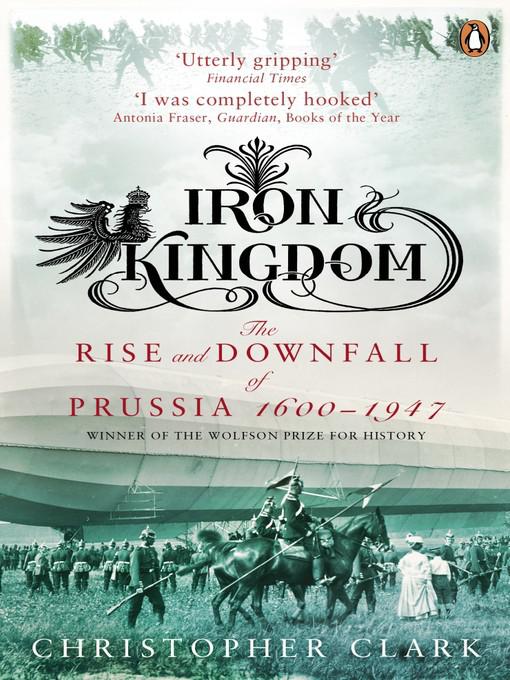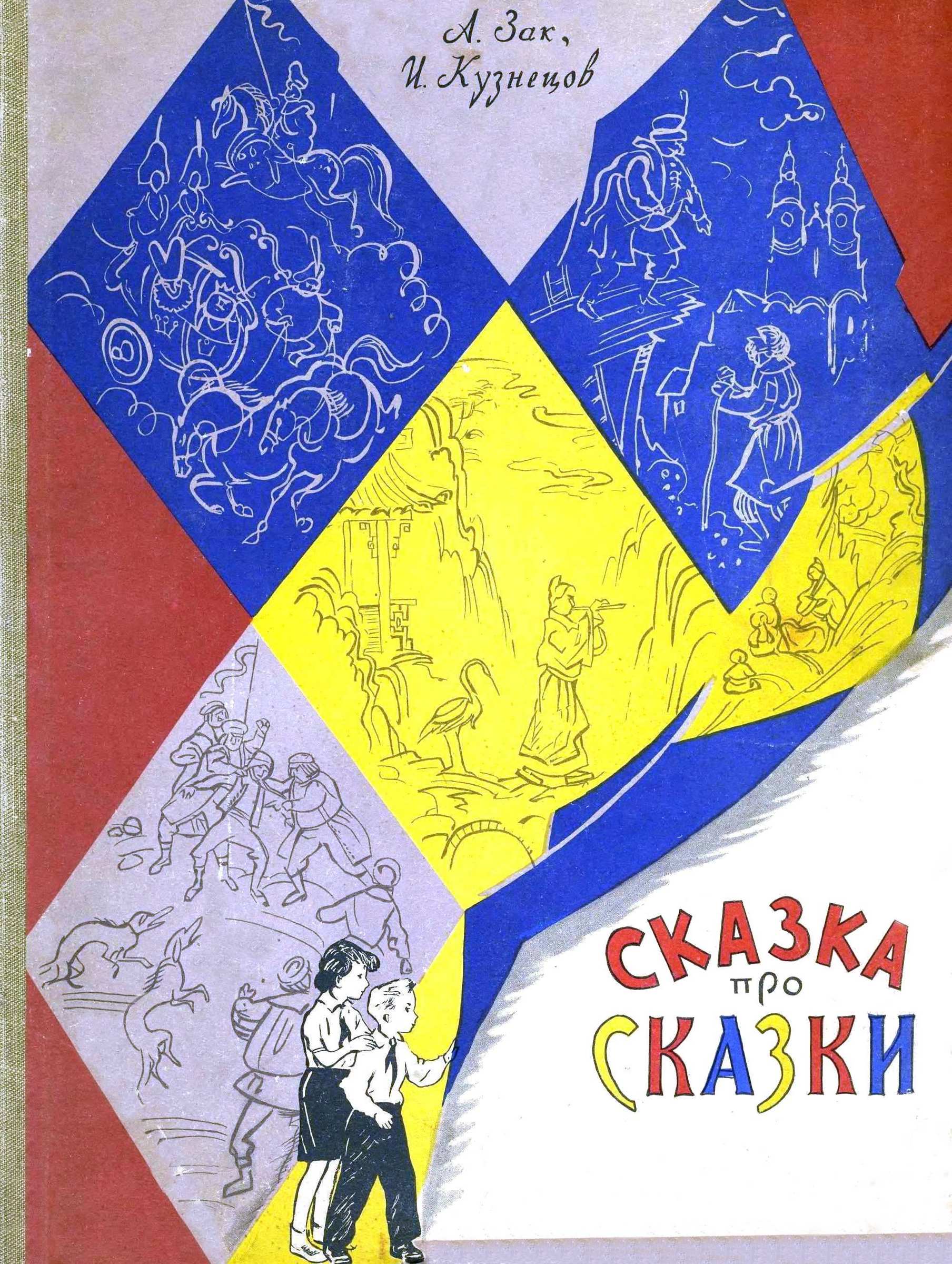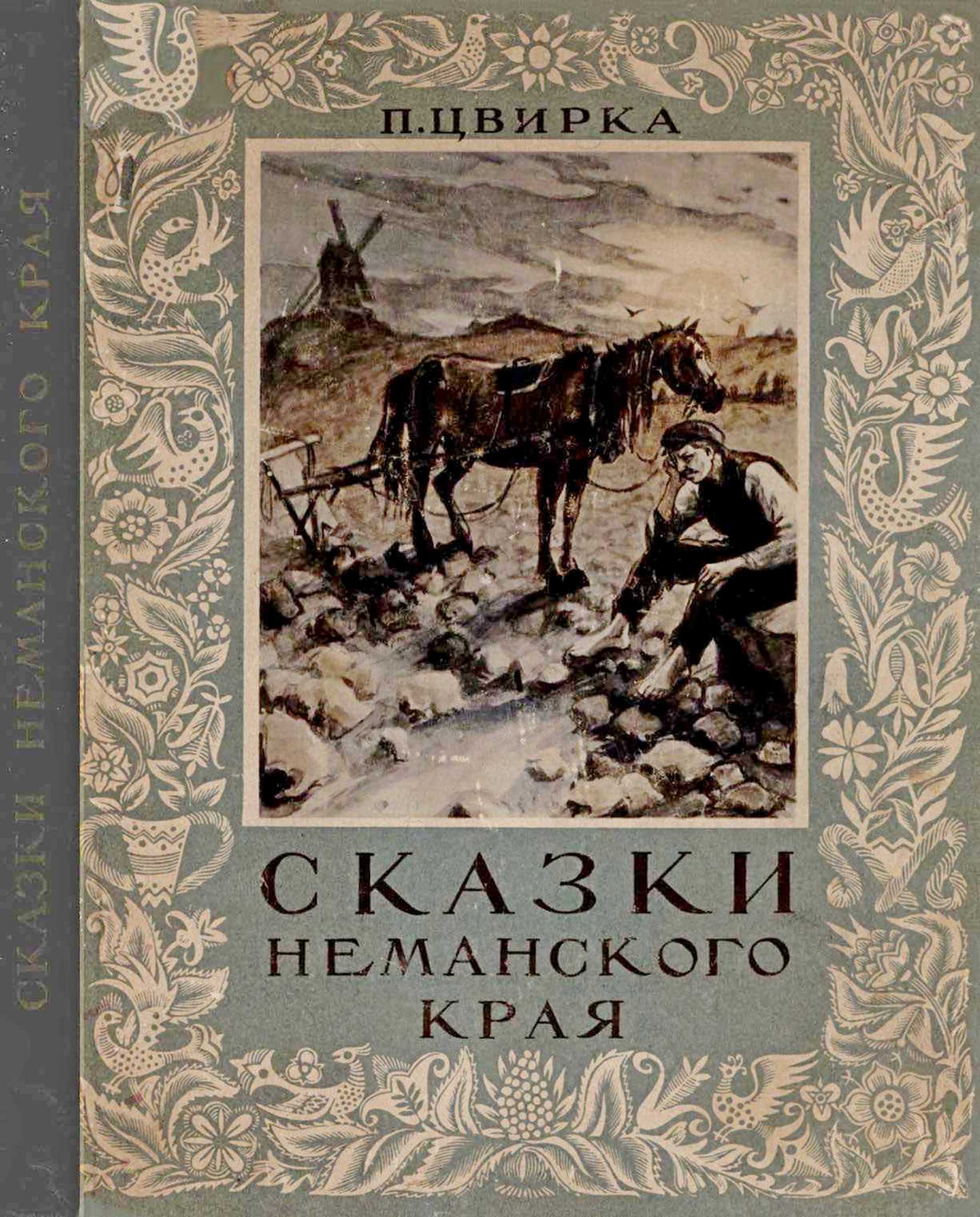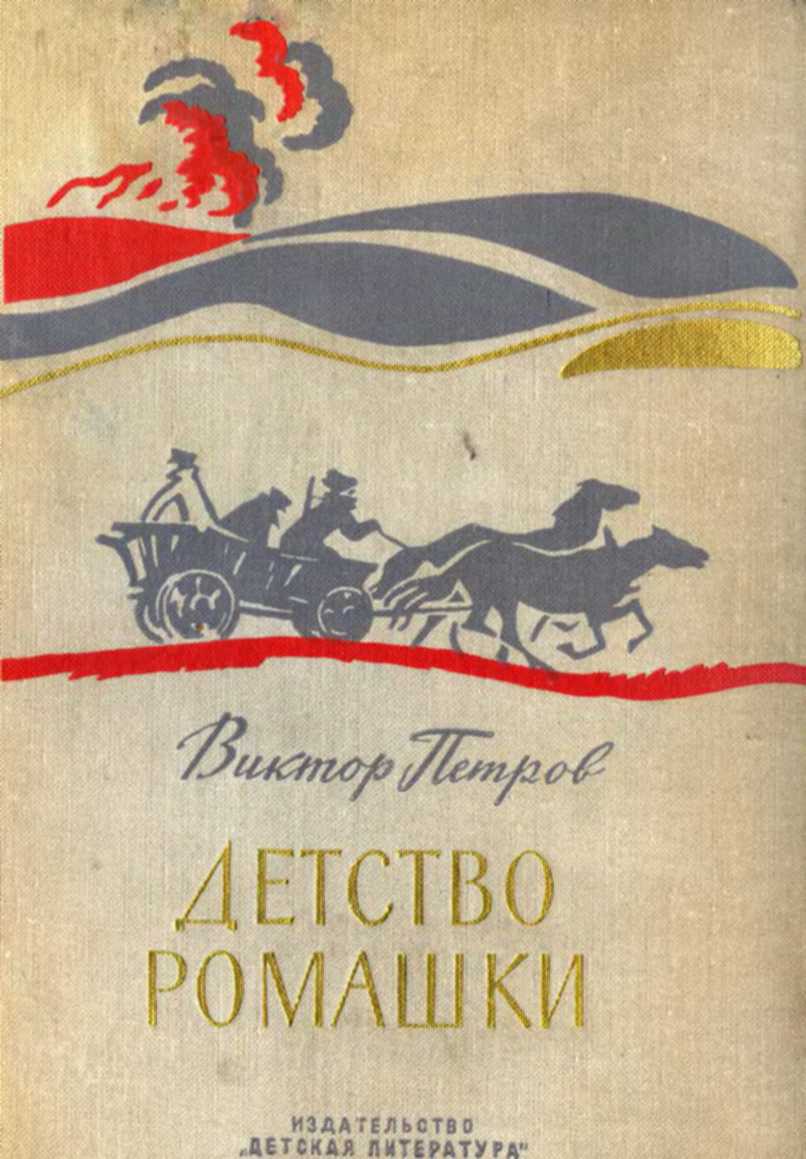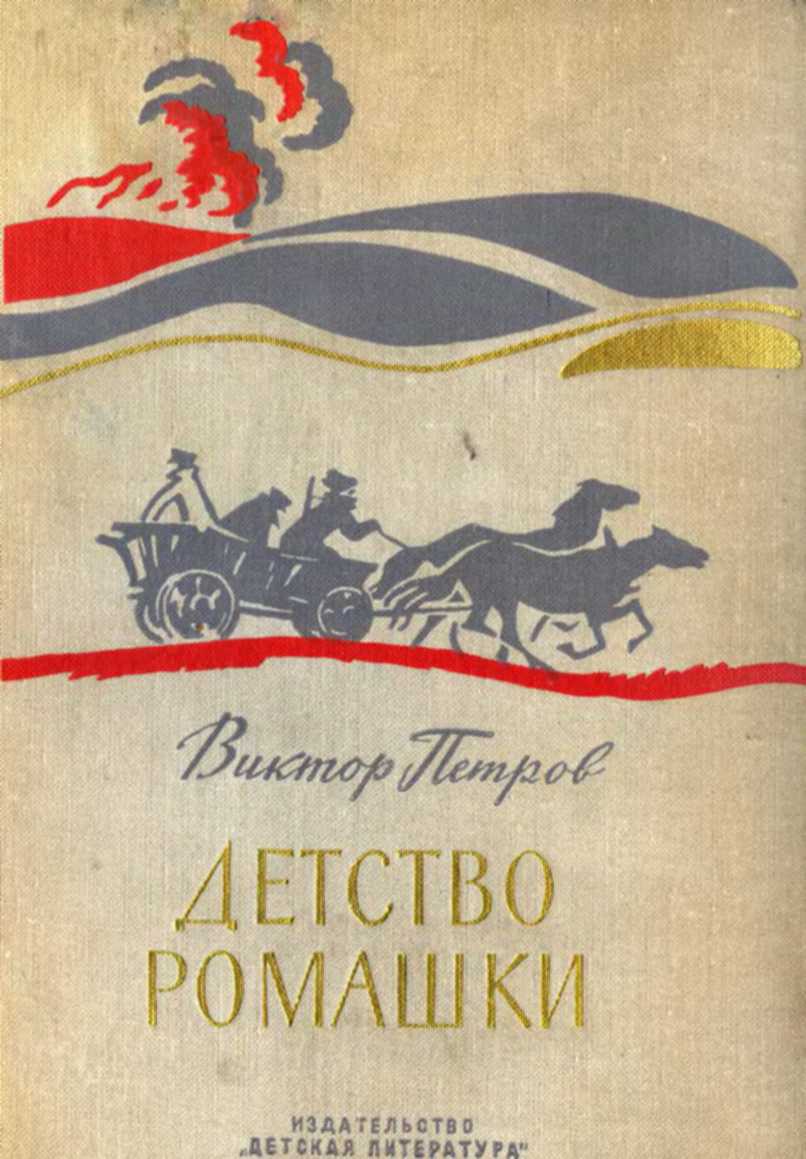p. 392.
48. For a full account of the cathedral festival, see Thomas Parent, Die Hohenzollern in Köln (Cologne, 1981), pp. 50–61.
49. Frederick William IV to Metternich, 7 March 1842, cited in Barclay, Friedrich Wilhelm IV, p. 188.
50. Frederick William IV to Friedrich Christoph Dahlmann, 24 April 1848, in Anton Springer, Friedrich Christoph Dahlmann (2 vols., Leipzig, 1870, 1872), vol. 2, pp. 226–8.
51. Frederick William IV to Stolberg, 3 May 1848, in Otto Graf zu Stolberg-Wernigerode, Anton Graf zu Stolberg-Wernigerode: Ein Freund und Ratgeber König Friedrich Wilhelms IV. (Munich, 1926), p. 117.
52. Frederick William IV to Frederick August II of Saxony, 5 May 1848, in Hellmut Kretzschmar, ‘König Friedrich Wilhelms IV. Briefe an König Friedrich August II. von Sachsen’, Preussische Jahrbücher, 227 (1932), pp. 28–50, 142–53, 245–63, here p. 46; Barclay, Friedrich Wilhelm IV, p. 190.
53. Baumgart, Europäisches Konzert, pp. 324–5; Werner Mosse, The European Powers and the German Question, 1848–1871: with special Reference to England and Russia (Cambridge, 1958), pp. 18–19.
54. Cited in Bussmann, Friedrich Wilhelm IV, p. 289.
55. Roy A. Austensen, ‘The Making of Austria’s Prussian Policy, 1848–1851’, Historical Journal, 27 (1984), pp. 861–76, here p. 872.
56. Karl Marx and Friedrich Engels, ‘Review: May–October 1850’, Neue Rheinische Zeitung. Politisch-ökonomische Revue (London, 1 November 1850), accessed online at http://www.marxists.org/archive/marx/works/1850/11/01.htm; last accessed on 23 June 2004.
57. Ibid.
58. Heinrich von Sybel, Die Begründing des Deutschen Reiches durch Wilhelm I. (6 vols., 3rd pop. edn, Munich and Berlin, 1913), vol. 2, pp. 48–9.
59. Bismarck, Gedanken und Erinnerungen, p. 95.
60. Cited in Felix Gilbert, Johann Gustav Droysen und die preussisch-deutsche Frage (Munich and Berlin, 1931), p. 122.
61. Johann Gustav Droysen, ‘Zur Charakteristik der europäischen Krisis’, Minerva (1854), reprinted in id., Politische Schriften, ed. Felix Gilbert (Munich and Berlin, 1933), pp. 302–42, here p. 341. The word ‘Forward’ is a reference to Blücher, who was affectionately known as ‘Marshal Forward’.
62. On the operations of the three-class system in Prussia, with a full analysis of voting patterns over its lifetime, see Thomas Kühne, Handbuch der Wahlen zum preussischen Abgeordnetenhaus 1867–1918. Wahlergebnisse, Wahlbündnisse und Wahlkandidaten (Düsseldorf, 1994).
63. Eberhard Naujoks, Die parlamentarische Entstehung des Reichspressegesetzes in der Bismarckzeit (1848/74) (Düsseldorf, 1975); Wolfram Siemann, Gesellschaft im Aufbruch 1849–1871 (Frankfurt/Main, 1990), pp. 42, 65–7.
64. Cf. G. R. Elton, The Tudor Revolution in Government. Administrative Changes in the Reign of Henry VIII (Cambridge, 1969), which deals of course with a very different subject matter, but speaks of a period ‘when the needs of good government prevailed over the demands of free government’ and ‘order and peace seemed more important than principles and rights’ (p. 1) and perceives in administrative innovation a process of ‘controlled upheaval’ (p. 427).
65. A useful comparative survey of constitutional innovation across Europe is Martin Kisch and Pierangelo Schiera (eds.), Verfassungswandel um 1848 im europäischen Vergleich (Berlin, 2001); see esp. the introductory essay by Kisch, ‘Verfassungswandel um 1848 – Aspekte der Rezeption und des Vergleichs zwischen den europäischen Staaten’, pp. 31–62.
66. Barclay, Friedrich Wilhelm IV, p. 183.
67. H. Wegge, Die Stellung der Öffentlichkeit zur oktroyierten Verfassung und die preussische Parteibildung 1848/49 (Berlin, 1932), pp. 45–8; quotation p. 48.
68. Barclay, Friedrich Wilhem IV, p. 221.
69. Günther Grünthal, Parlamentarismus in Preussen 1848/49–1857/58: Preussischer Konstitutionalismus – Parlament und Regierung in der Reaktionsära (Düsseldorf, 1982), p. 185.
70. Ibid., p. 392.
71. William J. Orr, ‘The Prussian Ultra Right and the Advent of Constitutionalism in Prussia’, Canadian Journal of History, 11 (1976), pp. 295–310, here p. 307; Heinrich Heffter, ‘Der Nachmärzliberalismus: Die Reaktion der fünfziger Jahre’, in Hans-Ulrich Wehler (ed.), Moderne deutsche Sozialgeschichte (Cologne, 1966), pp. 177–96, here pp. 181–3; Hans Rosenberg, ‘Die Pseudodemokratisierung der Rittergutsbesitzerklasse’, in id., Machteliten und Wirtschaftskonjunkturen. Studien zur neueren deutschen Sozialund Wirtschaftsgeschichte (Göttingen, 1978), p. 94.
72. For an excellent comparative discussion of conservative-liberal modernization in Prussia and Austria, see Arthur Schlegelmilch, ‘Das Projekt der konservativ-liberalen Modernisierung und die Einführung konstitutioneller Systeme in Preussen und österreich, 1848/49’, in Kisch and Schiera (eds.), Verfassungswandel, pp. 155–77.
73. James Brophy, Capitalism, Politics and Railroads in Prussia, 1830–1870 (Columbus, OH, 1998), pp. 165–75.
74. Grünthal, Parlamentarismus, pp. 281–6.
75. Prince Wilhelm to Otto von Manteuffel, director in the interior ministry under Camphausen, 7 April 1848, cited in Karl-Heinz Börner, Wilhelm I Deutscher Kaiser und König von Preussen. Eine Biographie (Berlin, 1984), p. 81.
76. Grünthal, Parlamentarismus, p. 476.
77. Charles Tilly, ‘The Political Economy of Public Finance and the Industrialization of Prussia 1815–1866’, Journal of Economic History, 26 (1966), pp. 484–97, here p. 490.
78. Ibid., p. 494.
79. Ibid., p. 492.
80. Brophy, Capitalism, Politics and Railroads, p. 58.
81. Grünthal, Parlamentarismus, p. 476.
82. H. Winkel, Die deutsche Nationalökonomie im 19. Jahrhundert (Darmstadt, 1977), pp. 86–7, 95. On this view as an instance of the German engagement with ‘Smithianism’, see E. Rothschild, ‘ “Smithianismus” and Enlightenment in Nineteenth-century Europe’, King’s College Cambridge: Centre for History and Economics, October 1998.
83. David Hansemann, cited in Brophy, Capitalism, Politics and Railroads, p. 50.
84. Brophy, Capitalism, Politics and Railroads, pp. 50, 56, 58. Von der Heydt’s policy of nationalization was reversed in the 1860s.
85. James Brophy, ‘The Political Calculus of Capital: Banking and the Business Class in Prussia, 1848–1856’, Central European History, 25 (1992), pp. 149–76; id., ‘The Juste Milieu: Businessmen and the Prussian State during the New Era and the Constitutional Conflict’, in Holtz and Spenkuch (eds.), Preussens Weg, pp. 193–224.
86. On the Techen scandal, see Barclay, Friedrich Wilhelm IV, pp. 252–5.
87. D. Fischer, Handbuch der politischen Presse in Deutschland, 1480–1980. Synopse rechtlicher, struktureller und wirtschaftlicher Grundlagen der Tendenzpublizistik im Kommunikationsfeld (Düsseldorf, 1981), pp. 60–61, 65; Kurt Koszyk, Deutsche Presse im 19. Jahrhundert (Berlin, 1966), p. 123; F. Schneider, Pressefreiheit und politische öffentlichkeit (Neuwied, 1966), p. 310.
88. Kurt Wappler, Regierung und Presse in Preussen. Geschichte der amtlichen Pressestellen, 1848–62 (Leipzig, 1935), p. 94.
89. R. Kohnen, Pressepolitik des deutschen Bundes. Methoden staatlicher Pressepolitik nach der Revolution von 1848 (Tübingen, 1995), p. 174.
90. Wappler, Regierung und Presse, pp. 3–4.
91. Ibid., pp. 16–17.
92. Barclay, Friedrich Wilhelm IV, p. 262.
93. Wappler, Regierung und Presse, p. 5.
94. Manteuffel to Rochow, 3 July 1851, cited in Wappler, Regierung und Presse, p. 91. On the transition from censorship to news
